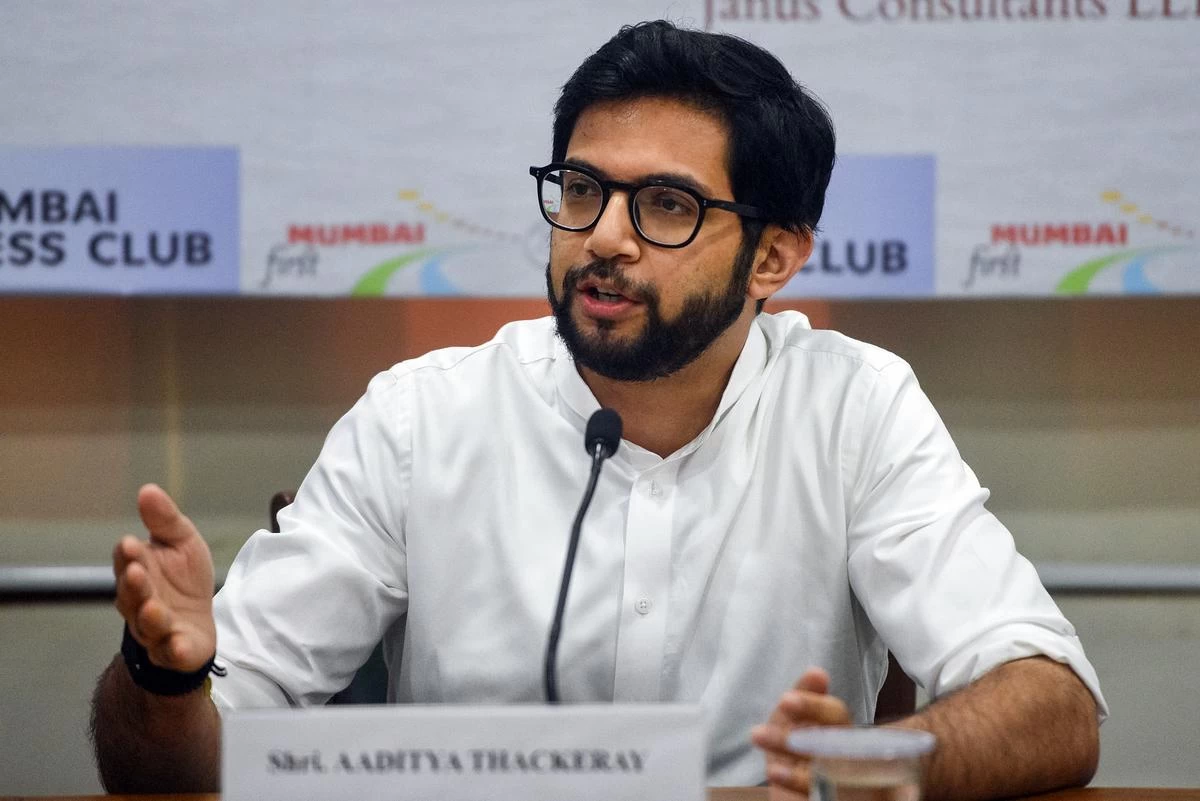Latest Updates
‘Aparajita’ in Bengal Assembly But Will Governor and President Give Assent to Mamata Banerjee’s Anti Rape Law That Bats For Death Sentence?

West Bengal Assembly on Tuesday unanimously passed the Anti-Rape Bill that amends the existing Bhartiya Nyaya Sanhita (BNS), Bhartiya Nagarik Suraksha Sanhita (BNSS) 2023, making provision for death sentence in cases of rape and gang-rapes amongst others. In the wake of a massive public uproar demanding justice for the brutal rape and murder of the 31-year-old RG Kar PGT doctor, Mamata Banerjee government brought the bill in the assembly to make provision for capital punishment in cases of such heinous crimes. While bill has been passed in the assembly, also supported by BJP, but it is yet to become the law effective in the state impending the assent of the the Governor and the President of India.
West Bengal Chief Minister Mamata Banerjee hailed it as ‘historic’ and highlighted the coincidence of the bill getting tabled on the same day as the 1981 UN convention on eliminating all forms of discrimination against women. “I am getting goosebumps and you will too”, she began her statement on the floor of the house while calling the RG Kar incident ‘heart-wrenching’. “You all asked lot of things, raised slogans against me but did you all spare a word for the bereaved family? Our hearts go out to them”, Mamata Banerjee slammed the BJP for their initial opposition to the bill and for demanding her resignation.
What are the amendments?
1: Section 64 of BNS 2023 dealing with rape convicts mandated ‘rigorous imprisonment’ for minimum of 10 years, which may extend to a life term. The Bengal legislation enhances punishment with “jail term for the remainder of that person's natural life and fine, or with death".
2: Section 66 of BNS 2023 deals with cases of rape that led to the death of the victim or causes her to be in a "vegetative state”, where the punishment was minimum of 20 years of jail term, life imprisonment or death. The amendment made by the Bengal bill removes all other scopes for punishment and keeps the death sentence as the only option.
3: Section 70 of BNS 2023, applicable in cases of gang-rape prescribed jail term of minimum 20 years for rigorous imprisonment, which may extend to life. The Bengal bill removes the 20 year term and makes it mandatorily “rigorous imprisonment for remainder of that person's natural life”. The Bengal bill also adds the scope for death sentence which was otherwise missing in the central law.
4: While the Central law allowed the investigation to be completed in such cases within two months, the Bengal “Aparajita” law capped the time frame of three weeks for the investigations to be over. In extraordinary cases, “Aparajita” allowed another 15 days post the 3 week period.
5: The “Aparajita” increased the scope for stringent punishment even in cases of acid attacks, by removing the minimum “10 years” cap and replacing it with life imprisonment
“When Bharatiya Nyay Sanhita was implemented, I wrote to the Prime Minister that they should not be in a hurry to implement it. There should have been more clarification. If that happened, this situation would not have arisen. We wanted the Centre to amend its existing laws (for rape cases) and include stricter clauses to ensure exemplary punishment for perpetrators and quicker justice to the victims. I wrote two letters but no response. In one letter one of their ministers has responded. They showed no enthusiasm for a stricter central anti-rape law. That’s why we made the move first. This Bill, once enacted, can serve as a model for the rest of the country,” Mamata Banerjee said. She also tabled the two letters she had written to the Prime Minister last month. Calling it a failure of the Centre in ensuring a stricter law that will act as a deterrent for potential rapists and other offenders, she demanded the resignation of PM Modi, Home Minister Amit Shah and chief ministers of all states that have failed to implement effective laws that can ensure security to women and children” she said, highlighting the number of cases of rapes that were reported in Uttar Pradesh (the highest), Madhya Pradesh and in other BJP ruled states.





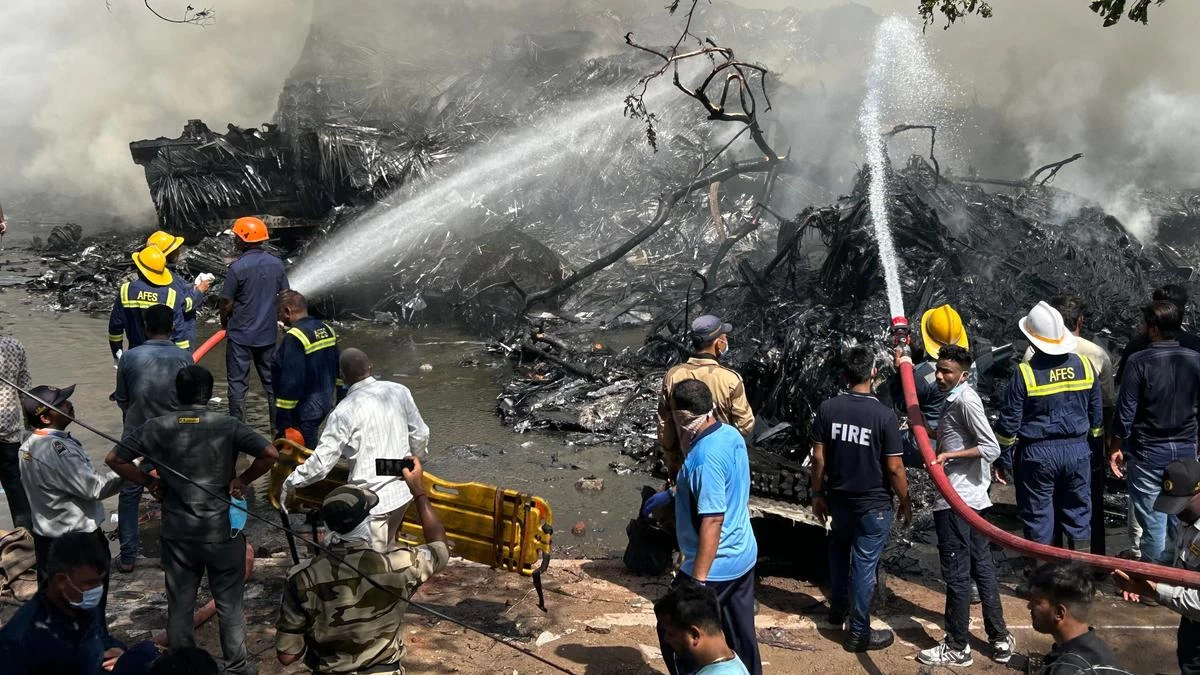
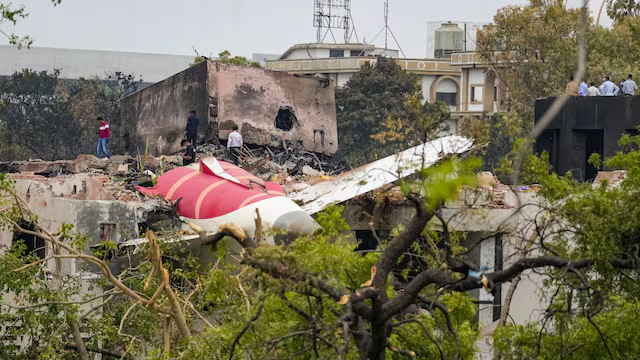
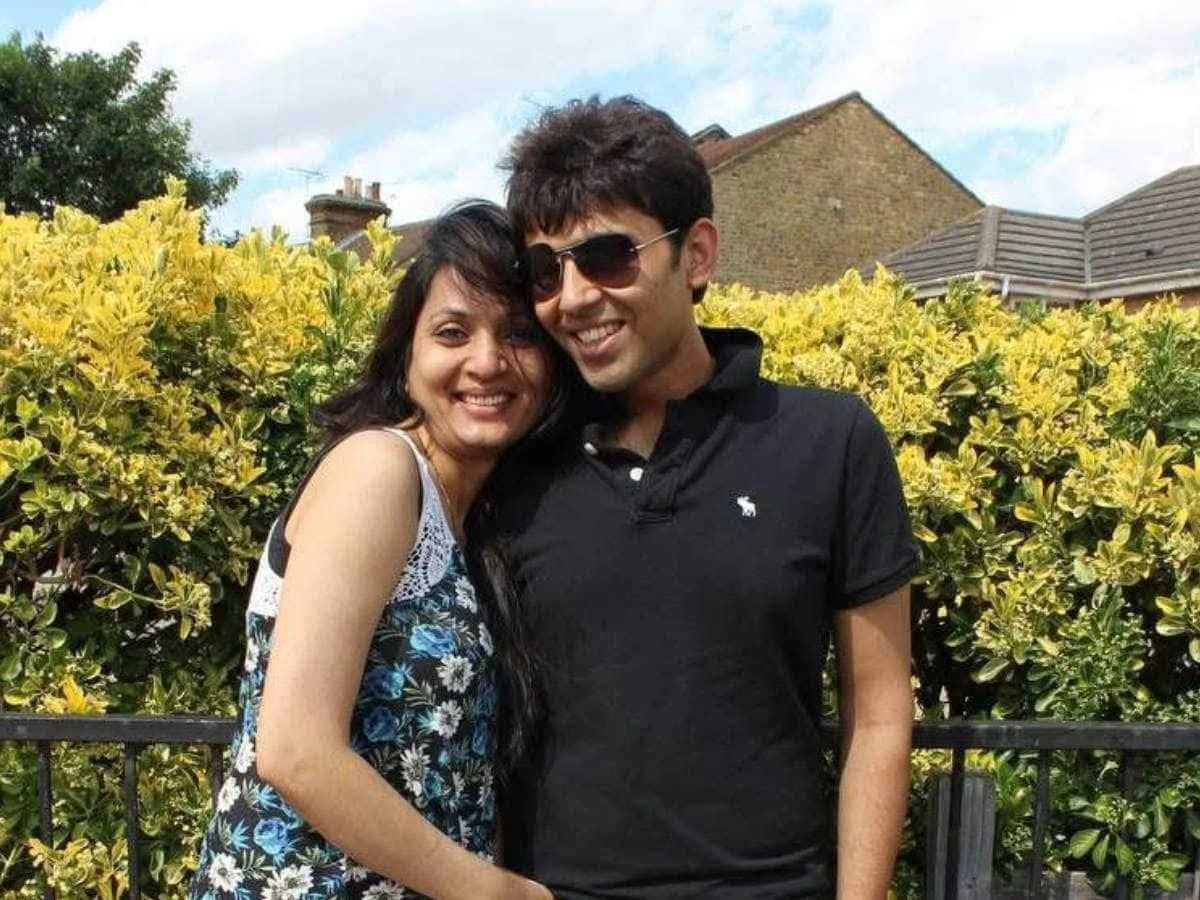
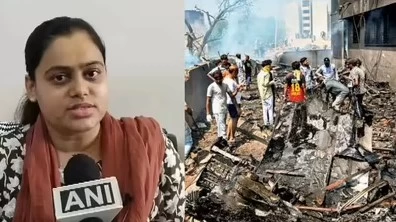

.webp)
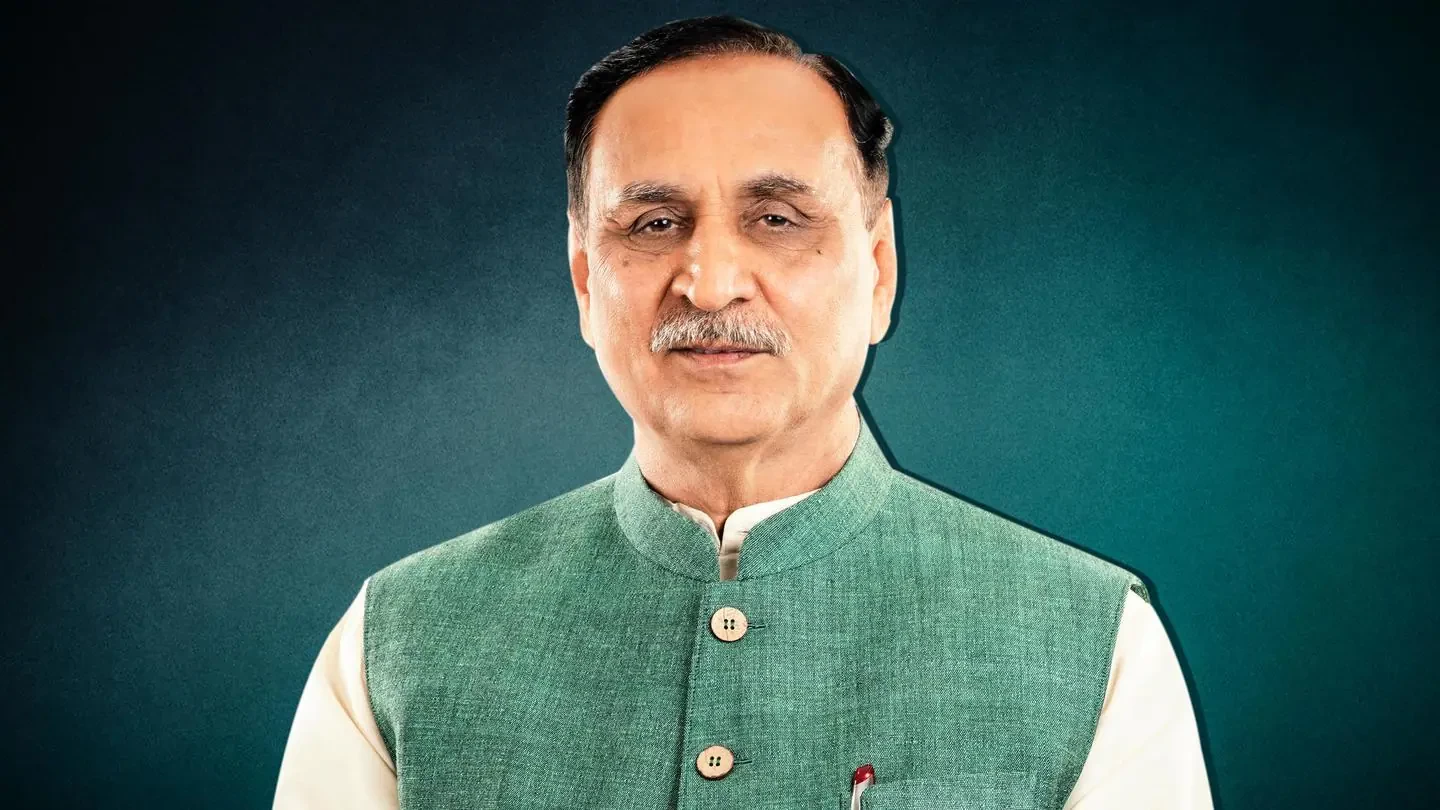
.webp)
